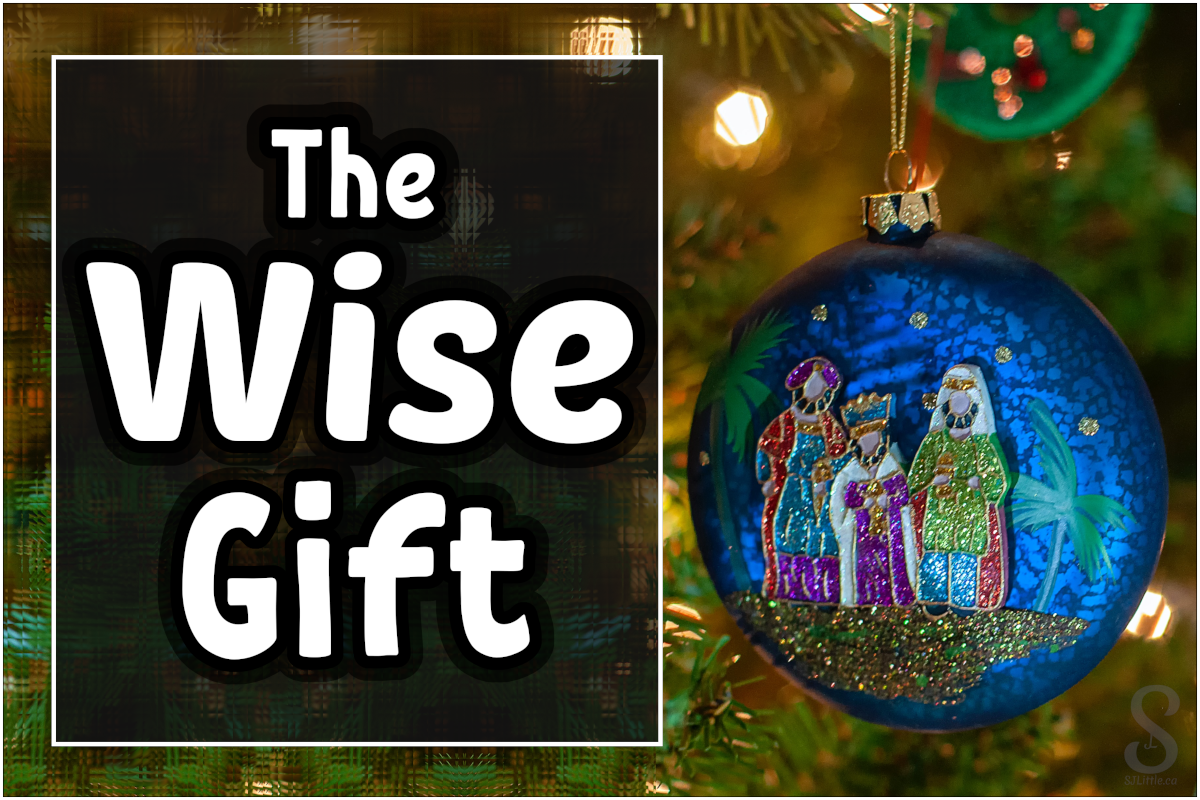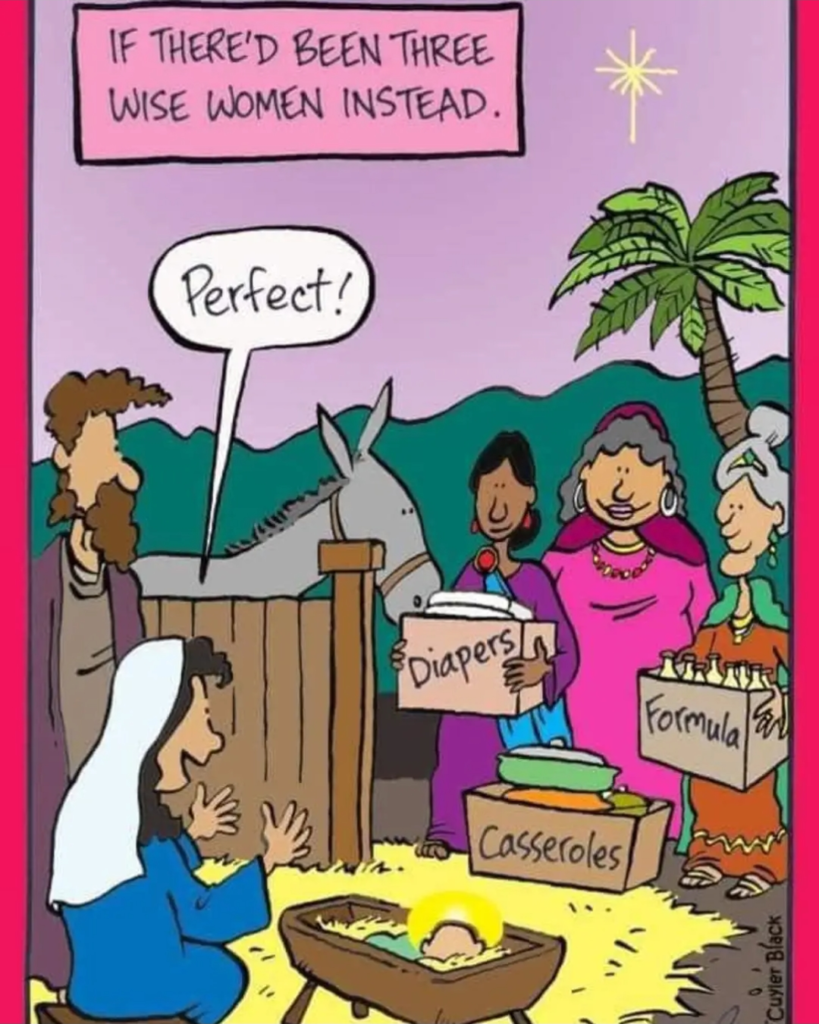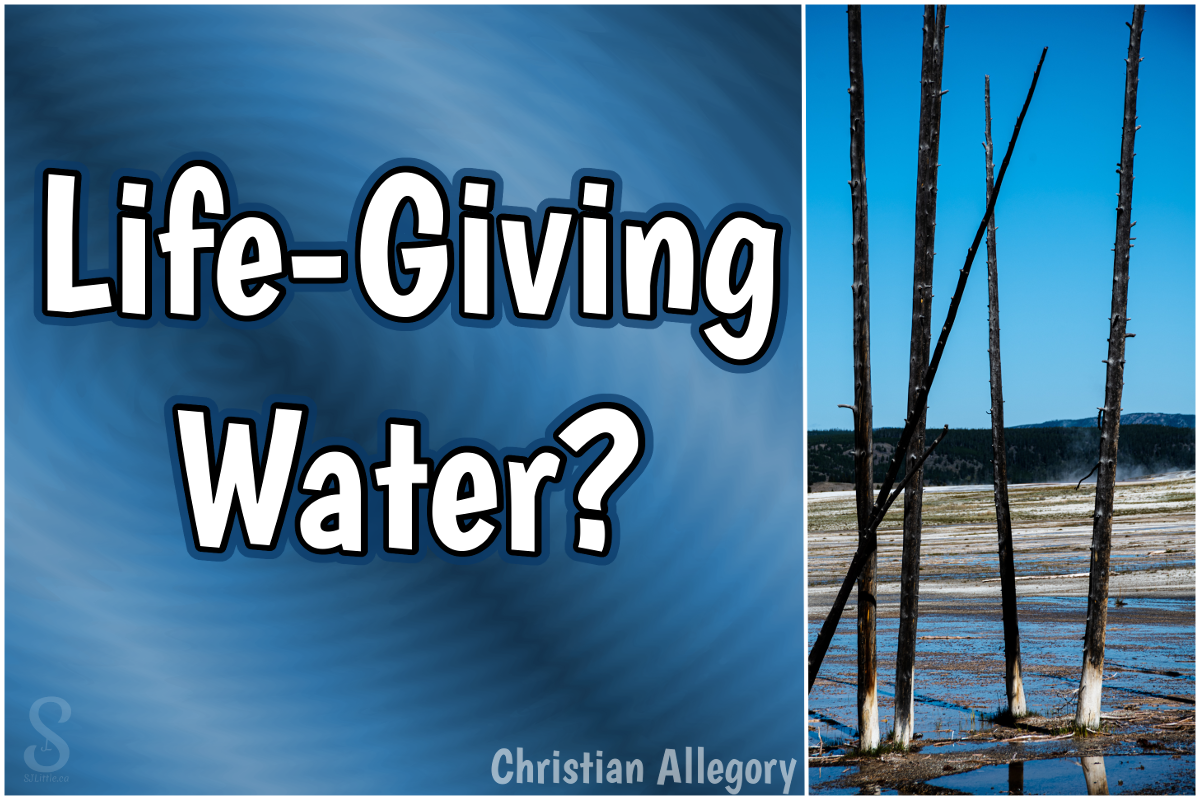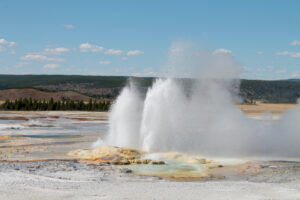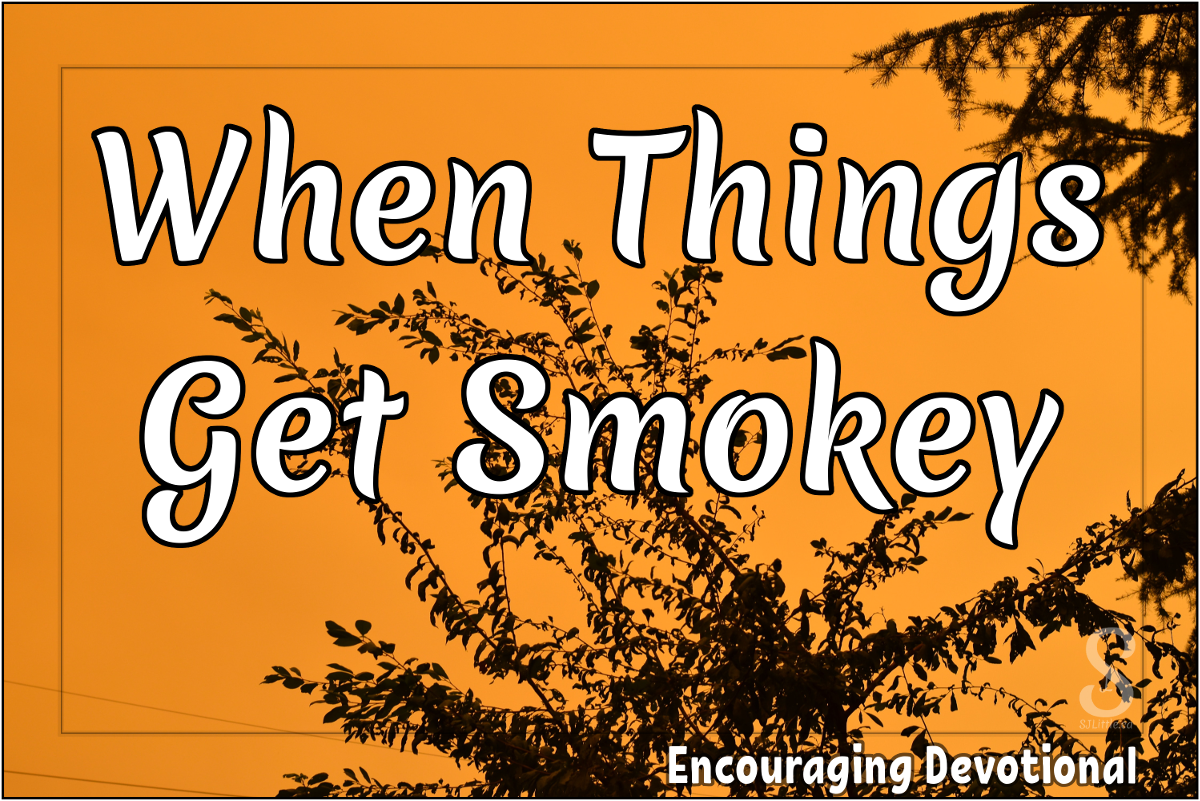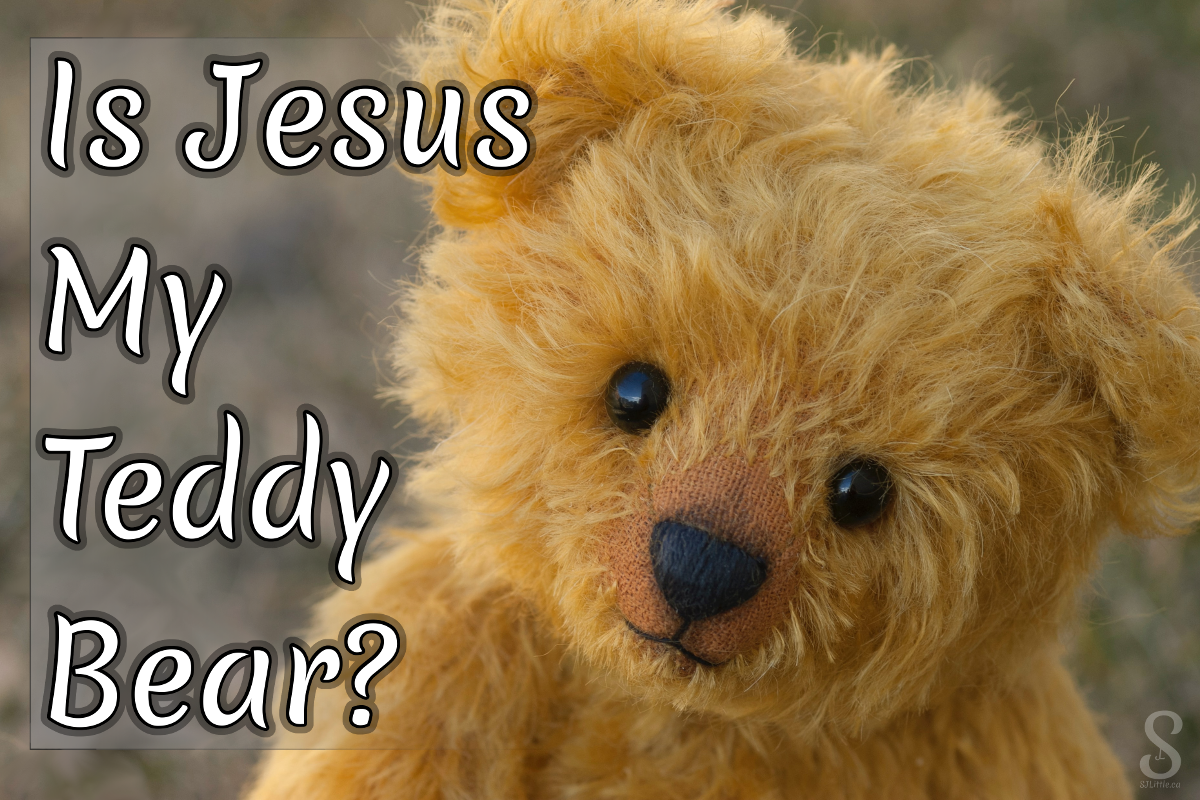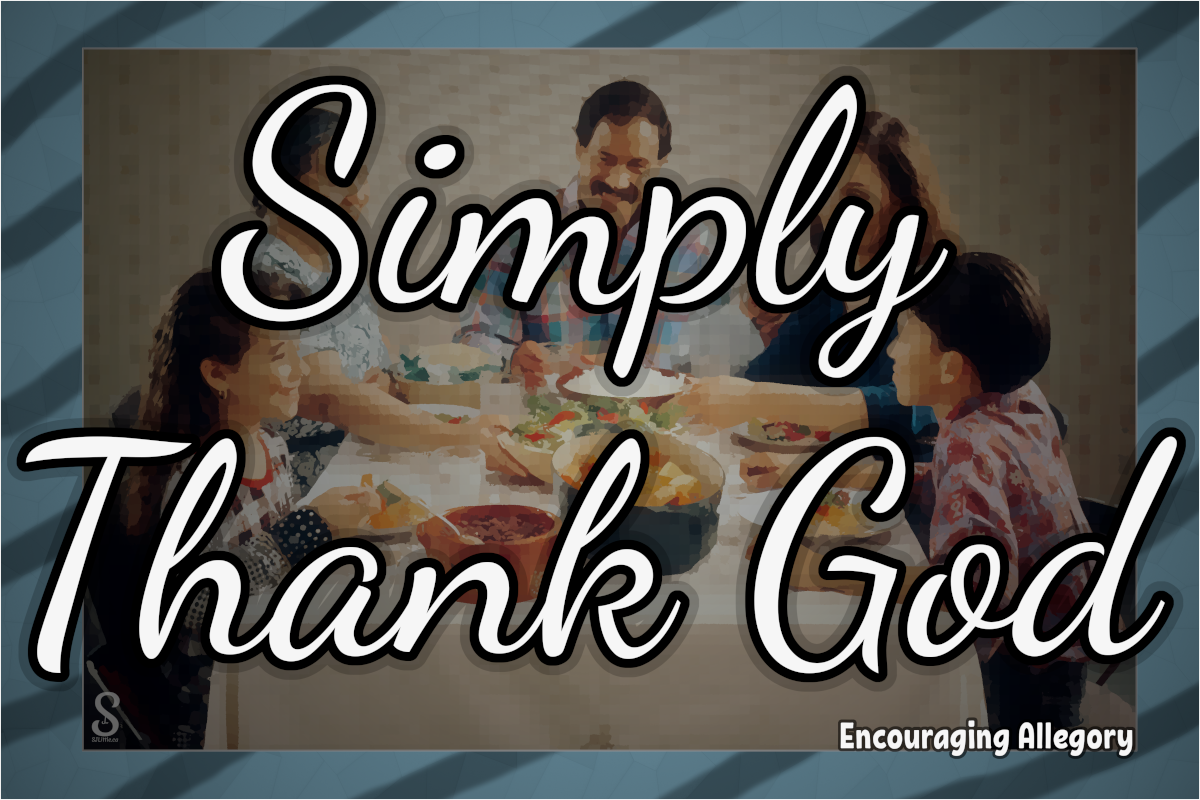
I helped my toddler climb into her booster seat, then clipped her tray in place. I placed her water cup in front of her.
“Hmm. Something is still missing.”
My daughter looked down, then patted her tummy. “Bib missing.”
I grinned as I reached for her bib. “You’re right. You are missing your bib. Here, I’ll put it on for you.”
I settled into my seat and pulled a slice of bread from the bag.
“What would you like on your bread this morning?”
My toddler straightened. “Pea-butter. Stra-sa jam.”
“You want peanut butter and strawberry jam? Okay. That sounds yummy.”
I spread the bread for her, then set my knife aside.
“Okay. Now it’s time to pray and then you can eat your bread.”
My daughter leaned forward earnestly. “Mary, Tommy, Dada, Mama.”
I nodded. “Okay, we can pray for your cousins and for Mommy and Daddy.”
Folding my hands, I bowed my head to pray, but before I began, her little voice piped up again.
“And wawa.”
“Yes, we can thank God for water.”
Her eyes scanned the area. “Pea-butter, stra-sa jam, bread… and tray too.”
“Okay. We can thank God for those too. Let’s pray now.”
Satisfied, my toddler folded her hands and sat quietly while I prayed.
“Dear God, thank You for Mary, Tommy, Mommy, and Daddy. Help us all to have a good day and to know that You love us. Thank You for the yummy food we get to eat. Thank You for water, peanut butter, strawberry jam, bread, and trays. Help them make our bodies strong and healthy. Amen.”
I passed my toddler her bread.
Happily she took a big bite.
This sort of interaction just before, or more often right in the middle of, prayer has become common recently. Almost any time we tell her it is time to pray, she lists off various cousins and relatives. Her eyes then roam the room looking for anything else we should pray for.
Water, various food items, tray, bib, crib, soother, bear, clock… Nothing is too insignificant to mention.
This got me thinking. How often do I stop to thank God for His many blessings?
When was the last time I paused to let my eyes roam my surroundings and simply thanked God for what I have?
Certainly not recently enough.
So many times we are instructed in the Bible to give thanks to God, yet how rarely I stop to do so.
Here are snippets of a few of those places. I encourage you to read the full passages to get proper context.
“Be filled with the Spirit … always giving thanks to God the Father for everything…” Ephesians 5:28b,20a NIV
“… Singing to God with gratitude in your hearts. And whatever you do, whether in word or deed, do it all in the name of the Lord Jesus, giving thanks to God the Father through Him.” Colossians 3:16b-17 NIV
“Rejoice always, pray continually, give thanks in all circumstances; for this is God’s will for you in Christ Jesus.” 1 Thessalonians 5:16-18 NIV
Beyond giving thanks for the things I have, how often do I pause to thank God for the people in my life?
Over and over again Paul mentions that he thanks God for people. (See 1 Corinthians 1:4, Colossians 1:3, and Philemon 1:4, among others.)
Furthermore, when was the last time I thanked the Lord for who He is? Regardless of my current circumstances, God never changes. There is always much to be thankful for regarding who He is.
As the psalmist puts it:
“Give thanks to the Lord, for He is good. His love endures forever.” Psalm 136:1 NIV
Today, may I take a moment to simply thank God.

